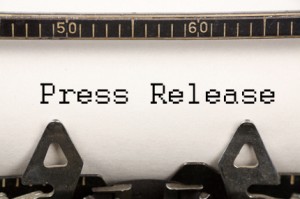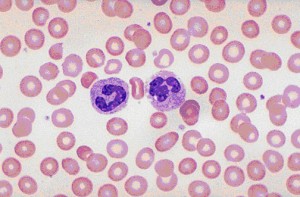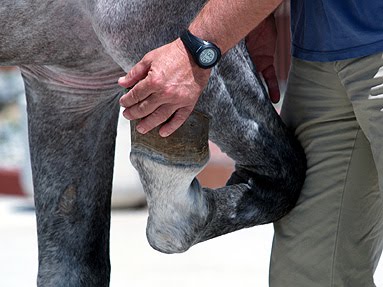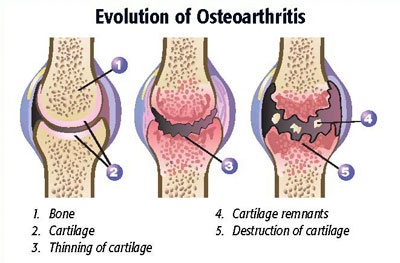I seem to be seeing more and more articles and press releases talking about the amount of money that people are spending on their animals. Most of these are along the lines of, “Gee, I can’t believe what people are spending on their animals, they must really care about their animals.” I’m not sure that all of this is such a good thing, however. I mean, it’s probably great for some veterinarians, and pharmaceutical companies, but I’m not so sure that it’s good for the horse owner, the horse or horse owning in general.
There are pragmatic aspects to the practice of medicine – and veterinary medicine in particular – that sometimes seem to get ignored. While technology in medicine is, without doubt, a good thing, there are cost:benefit aspects to diagnostic procedures that many people (including those people paying for the technology) seem to forget. Otherwise stated, a lot of times, one wonders if all of those people who are spending all of that money on their animals are really getting value for their investment, or whether they’d be better off in the long run holding off.
It’s one thing to spend money on something that you need. It’s another thing entirely to blow money without knowing that’s what you’re doing. I mean, there’s nothing wrong with blowing money, but I think that you should at least know that you’re doing it. Nobody tries to convince you that a quick weekend in Las Vegas is the way to financial security, and most people who go there are well aware that they are going to lose some money. But that’s OK, because the terms of the transaction are pretty well set out before you go (and, hey, if you blow a lot of money regularly, you’re likely to get free hotel rooms and dinner, too).
I don’t think that the situation is quite as clear when you’re a veterinary consumer, however. Unlike the trip to Las Vegas, you may not really understand what you’re getting into when it comes to delving into your horse’s health problems. Ideally, you’re really only trying to find out two things: 1) What’s the problem, and 2) How do I (or can I) fix it?
The concern – insofar as affording a horse goes – is both knowing what the problem is and fixing the problem costs money. So, unless you’re one of those fortunate few for whom money is not really an issue (well, even so, you probably didn’t get that way by wasting your money), you’d likely do yourself a lot of favors to thing about how you’re going to spend your money before you do it.
I’ll be the first one to say that, from a veterinary standpoint, it’s really great to know exactly what you’re treating every single time. For example, when I’m working on a sick horse, I’d love to know how the white blood cells are responding, or exactly which bacteria is causing the problem. Or, when working on a lame horse, I’d love to know how the bones look, or what’s going on inside a tendon; I’d love to know which specific structure is causing the horse to be lame. If you want to learn that, too, (and pay for it), I’m happy to be your guide.
But the fact of the matter is that not all diagnostic procedures produce much in the way of useful information. In addition, many conditions are self-limiting, that is, they take care of themselves. Under such circumstances, you can spend a lot of money and get very little in return. So – and especially so in tight economic times – it can pay to be a bit pragmatic when it comes to your hard-earned dollars.
Let’s take a sample lameness case. You went on a hard ride yesterday, and you come out today to find your horse is limping. You don’t see anything obvious; there’s no bone sticking out, or no dog is hanging from the side of the elbow. You know your horse is lame, you don’t know why, and you’re worried. What do you do? If you’re worried, call your veterinarian (even if you have first exhausted all of the useful tips from friends and well-wishers).
Now, with any luck, your veterinarian is going to come out and tell you on which leg there is a problem, and perhaps you’ll even get the problem fixed (say, there was a nail in the foot). But what if it’s not that easy? What then?
Here’s where the dilemma of diagnostic$ vs. therapeutics$ comes to bear. If your horse doesn’t have an easily diagnosed problem, here are three questions you should ask yourself:
1. “How much is it going to cost?”
2. “What information am I going to obtain?”
3. “Is the information that I’m going to pay for going to alter the treatment plan, and, if so, how?”
First, number 1. Ask, in advance, how much a diagnostic procedure is going to cost. If you can’t afford it, don’t feel bad. If your veterinarian has determined that there is nothing seriously wrong, or that the odds are that nothing is seriously wrong, then chances are it is going to get better on it’s own. You can probably afford to watch, and wait.
 Number 2. Make sure you understand what you’re being asked to buy. So, for example, if your horse has a snotty nose, and a little bit of a fever, you might justifiably ask if it’s really necessary to spend money for a complete blood count, since most horses with a snotty nose and fever get better anyway. Or, if you’ve been advised to get some X-rays taken, ask what good the information will do you, and ask if they are really needed (and how many you need). No horse ever died from a lack of X-radiation.
Number 2. Make sure you understand what you’re being asked to buy. So, for example, if your horse has a snotty nose, and a little bit of a fever, you might justifiably ask if it’s really necessary to spend money for a complete blood count, since most horses with a snotty nose and fever get better anyway. Or, if you’ve been advised to get some X-rays taken, ask what good the information will do you, and ask if they are really needed (and how many you need). No horse ever died from a lack of X-radiation.
Number 3. Ask if the information that you get will change what you’re going to do anyway. So, for example, if your veterinarian feels that your horse with the snotty nose and fever may benefit from some antibiotics, would it make any difference if you drew blood, or would antibiotics be prescribed anyway? If your acutely lame horse has a sore foot, would the shoeing changes that may be recommended be any different if you had X-rays in hand?
 Look, sometimes it’s OK to try something and see if a condition is going to improve. Sometimes it’s OK to spend your money on something therapeutic, and see if your horse gets better. But there’s just no reason to empty your wallet or pocketbook every single time your horse has some kind of a problem. Advanced technology is great, but there’s no reason to use it on every single case, especially if the information isn’t going to be all that helpful anyway.
Look, sometimes it’s OK to try something and see if a condition is going to improve. Sometimes it’s OK to spend your money on something therapeutic, and see if your horse gets better. But there’s just no reason to empty your wallet or pocketbook every single time your horse has some kind of a problem. Advanced technology is great, but there’s no reason to use it on every single case, especially if the information isn’t going to be all that helpful anyway.
When confronted with a problem, we all have a tendency to think, “DON’T JUST STAND THERE – DO SOMETHING!” when, sometimes, the statement works just as well in reverse (“Don’t just do something – stand there!”). More medicine is not necessarily better medicine.












